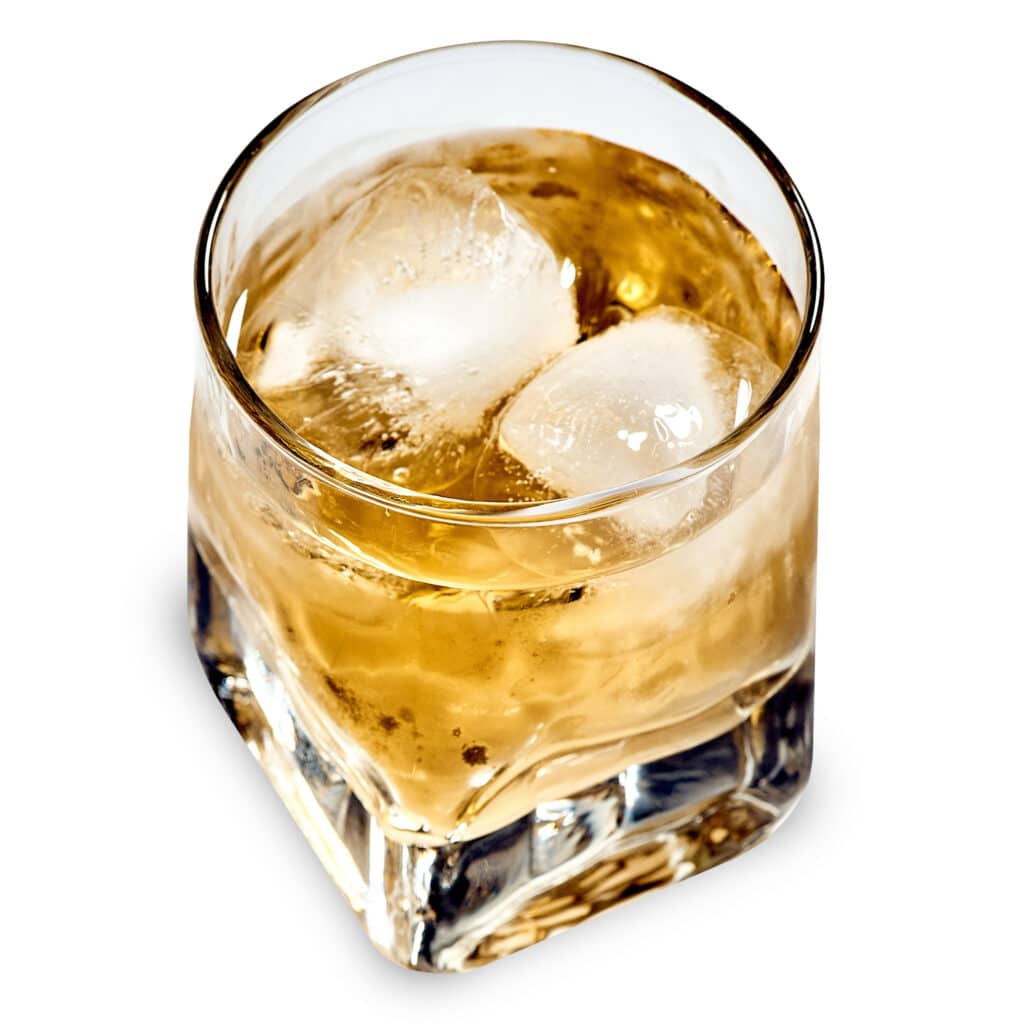Alcohol
Underage drinking isn't risk-free. Learn the facts.
Avoid a Situation You Could Regret
Did you know that alcohol is the most commonly used substance among young people in the US? Underage minors have a higher chance of developing an alcohol addiction in their adult years and parents that provide underage minors with alcohol could face jail time.



Frequently Asked Questions
We encourage you to click through to the linked sources to find more detailed information—so you can make informed decisions about your health.
Answer: After you’ve began drinking, it takes about 60-90 minutes for the alcohol in your system to reach peak levels in the blood. At this point the body will begin breaking it down. It takes about 25 hours for your body to clear out all of the alcohol completely.
Answer: Alcohol interferes with your brain’s communication pathways. It can be harder for the areas of your brain that control balance, speech, judgement, and memory to do their jobs. Long-term drinking causes alterations to your brain’s neurons by reducing their size.
Answer: Every 45 minutes someone is killed in a car accident related to drunk driving. Car crashes are the leading cause of death for teens, where about a quarter of these fatal crashes involve an underage drinking driver.
Answer: Youth who drink alcohol are more likely to experience:
- School problems
- Social problems
- Legal problems
- Physical development problems
- Unplanned and/or unwanted sexual activity
- Violence
- Memory problems
- Changes in brain development
The Pressure is On.
Reach out to your friends at UYLC’s Youth Advisory Board if you have more questions, would like ideas for saying “no” when you feel pressured, and/or want to hang out with people who have fun without getting drunk.
Seeking Help?
Get real support when you need it.
Resources
Resources for parents, teens, and kids.
Programs
Community programs to stay involved.
Calendar
Annual and current events coming up.
